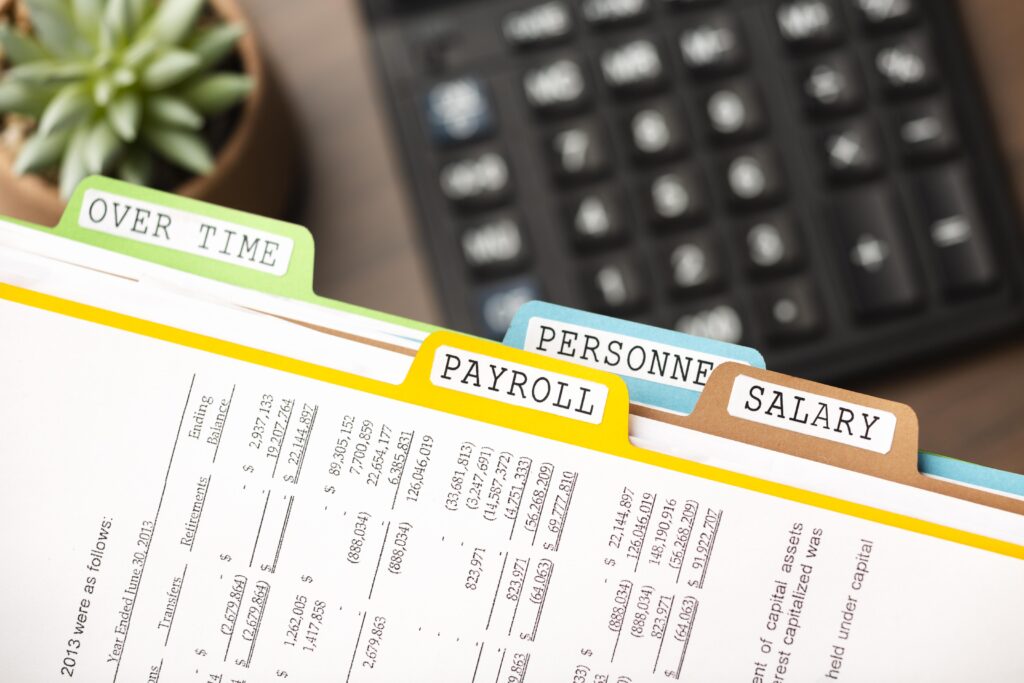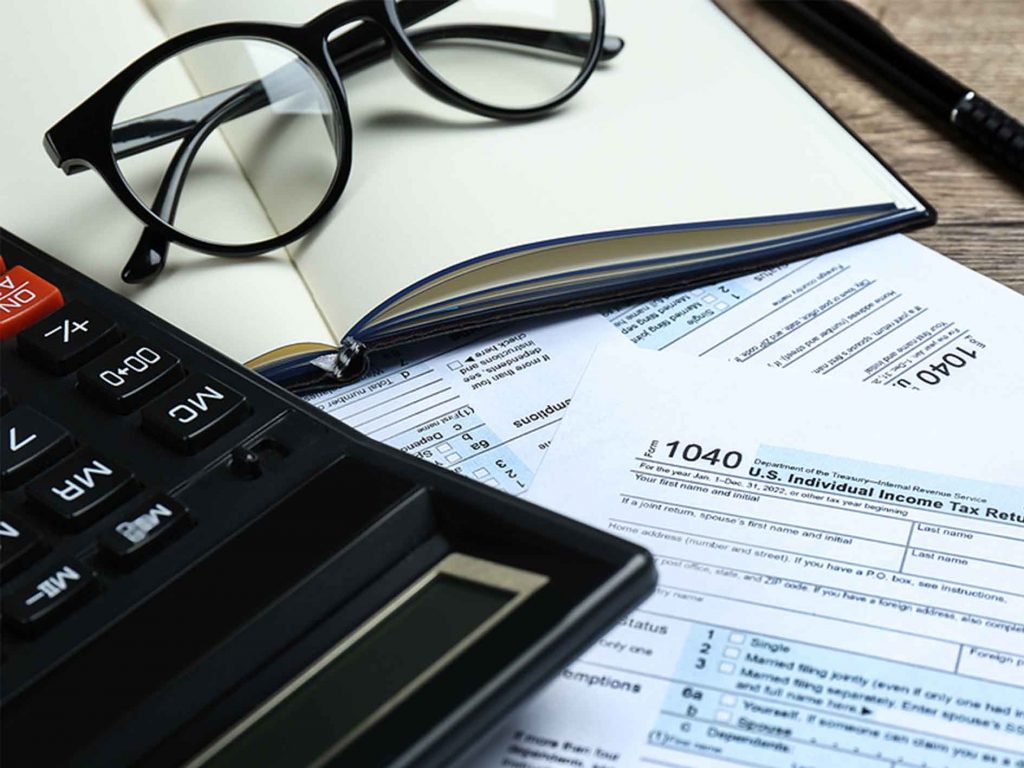Using the First Time Abatement Waiver for US Expats
October 4, 2022 | Paying Taxes | 6 minute read
Expat Tax Blog. Tax Tips for US Americans abroad.
Updated November 18, 2024
 All blogs are verified by Enrolled Agents and CPAs
All blogs are verified by Enrolled Agents and CPAs
Updated November 18, 2024
The First-Time Abatement Waiver, also known as the FTA waiver, is an administrative waiver that the IRS may grant to relieve taxpayers from failure-to-pay and failure-to-deposit penalties if specific criteria are met. It allows first-time noncompliant taxpayers to request a reduction of particular penalties, such as failure-to-file, failure to pay, and failure to deposit, for a single tax period.

| Abatement: | The reduction or removal of a nuisance; a lessening, subsiding. |
In 2001, the IRS introduced the FTA to assist taxpayers dealing with federal tax issues, but this waiver remains little known and unrequested over twenty years later.
This penalty relief plan can be beneficial, especially for American expats who have failed to file their US taxes annually while living abroad.
Do You Qualify to use the First-Time Abatement Waiver?
As with all tax relief programs, the first step is to find out if you qualify for the program. Here is what you need to know about the FTA qualifications.
The FTA only applies to certain penalties and returns.
- Individual taxpayers who have failed to file and failed to pay fines; are the two most common penalties
- Tax returns for estate and gifts are not eligible for FTA
- The FTA does not apply to estimated tax or accuracy penalties
Factors that do not generally qualify for failure-to-file or timely payment:
- Mistakes or oversights
- Lack of funds
- Lack of knowledge
- Using a Tax Professional who did not file or pay on your behalf on time
A clean slate of compliance.
- To further qualify for the FTA, you must have three years of a “clean slate.” This means you can not have had any penalties of a “significant amount” in the past three years on the same type of tax return. While the IRS does not state publicly what they define as a “significant amount,” they have, in practice, considered penalties as menial as $1 or more significant.
You must have filed all required tax returns.
- If you owe on prior tax returns, you must comply with the agreed-upon payment arrangement settled with the IRS.
- This includes filing valid extensions without any outstanding requests from the IRS on unfiled returns.
While you must meet the previously mentioned requirements before filing for an FTA, there are specific circumstances in which you will not be disqualified from receiving a First-Time Abatement based on a lack of clean penalty history if:
- You have penalties on subsequent tax years
- You received an FTA more than three years before the tax return in question
- You had an estimated tax penalty assessed in the last three years
- You received a Reasonable-cause Relief from penalties in the past
Why Request an Abatement?
The First-Time Penalty Abatement Waiver should be used by those who qualify to help save hundreds or even thousands of dollars on their taxes. This is a one-time use amnesty program for taxpayers who are typically compliant but have made a mistake by not filing late. In short, you should use this program to waive high late-filing and penalty payments.
Created to reward past compliance and promote future compliance, the IRS wants to help administer the abatement of penalties on a consistent and fair basis. However, this is not a program that is actively publicized or promoted on the IRS website, leaving many taxpayers unaware of their options. Let us help you figure out how to request an FTA.
How to Request Penalty Relief via the First-Time Abatement Waiver
MyExpatTaxes is here again to remind you that it is better to ask for tax forgiveness before the IRS comes after you. You have an opportunity if you believe you qualify for a First-Time Abatement Waiver.
Before the IRS has a chance to assess a penalty against you, you as a taxpayer can file a “penalty non-assertion request” or Form 843. Including with it: a paper return to request that the IRS not automatically assess your penalty. This is the best way to get in front of potential issues before it becomes a mountain from a molehill. When submitting a letter request, you will need to include: your full name, identification number, the tax year/ period, and relevant tax forms, including penalty type and amount.
If the IRS has already assessed a penalty, you can request a penalty abatement. You can begin the process by writing a “penalty abatement letter” or calling the IRS (recommended). Before you call the IRS directly, you want to have the following information ready.
- The notice the IRS sent you.
- The exact penalty you wish to have removed.
- A solid reason why you believe the penalty should be removed.
- That you are looking to claim First Time Abatement.
You must be able to explain the circumstances around your late return, deposits, or payments. If you can, you should:
- Be able to explain what and when this happened and how it prevented you from complying.
- Any attempt you made to file or pay.
- If applicable: any hospital, court, or doctor’s letters that can confirm incapacitation. Documentation of natural disasters; copies of relevant written letters or responses and manuscripts of all receipts, forms, or other relevant documents.
If you have already paid the penalty
You may request a refund via “Claim for Refund and Request for Abatement,” using Form 843. However, this may only be filed within three years of the filing/ return due date or within two years of paying the penalty.
Consider calling the Internal Revenue Service
Depending on where you are, the time differences may make phoning the IRS more difficult than if you were on American soil. However, you can call the IRS’s practitioner priority line if you believe you may qualify for the FTA. While on the phone, personnel can typically review your tax account, determine if you satisfy the policy criteria, and grant the waiver during the call.
Important to note: When considering filing for the First Time Abatement Waiver, there are a few practical points to consider:
- It does also not apply to penalties related to foreign information returns.
- If you are facing penalties not covered by the FTA policy, you will need to seek other alternative relief, such as reasonable cause.
- The IRS does charge interest on their penalties, which continues to increase until you can pay your balance in full. The interest can be erased if the IRS can reduce or remove your penalties.
FTA Confirmation
Once the IRS has granted you confirmation of FTA approval, you can breathe a sigh of relief. You will receive a letter about one month after the IRS has granted amnesty. Depending on your penalty, it will be either: Letter 2502C/ 3503C for individual failure-to-file or failure-to-pay or Letter 168C for business failure-to-deposit penalty abatement.
Troubleshooting Your Request
Requesting the First-Time Abatement can be a tricky, complicated process. It is not made easier by the IRS using a decision-making support software called the Reasonable Cause Assistant, also known as RCA. While helpful to IRS employees, this program can often lead to unfair determinations in about 55% of all requests.
While 55% is a staggering number, MyExpatTaxes can help you navigate this program with our Tax Professionals, who can step in and assist during this process.
Let Us Help You
There is no need to go through this process alone; let MyExpatTaxes help you along the way. Our Tax Professionals are well-versed in FTA waivers and everything encompassing US expat taxes. Contact us today to start the process or ask any questions. Made for expats, by expats.

Written by Nathalie Goldstein, EA
Nathalie Goldstein, EA is a leading expert on US taxes for Americans living abroad and CEO and Co-Founder of MyExpatTaxes. She contributes to Forbes and has been featured in Forbes, CNBC and Yahoo Finance discussing US expat tax.
October 4, 2022 | Paying Taxes | 6 minute read









